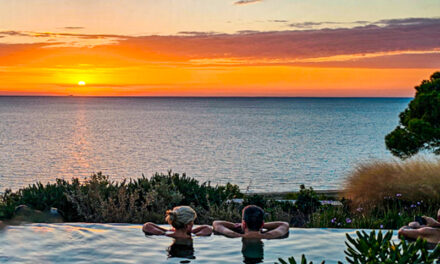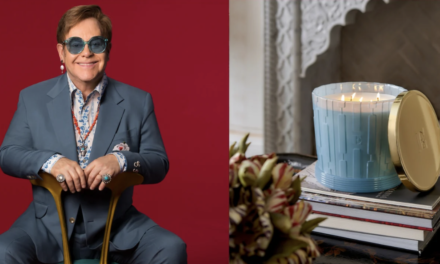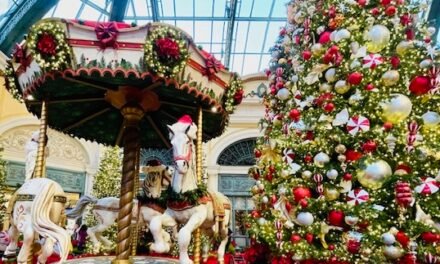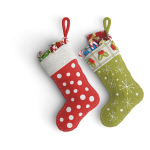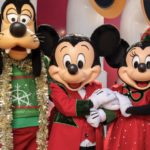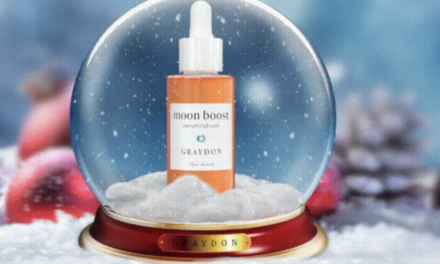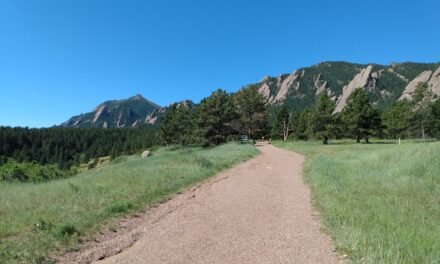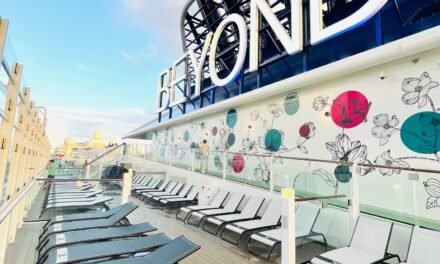
Winemaker Fintan du Fresne [INTERVIEW]
![Winemaker Fintan du Fresne [INTERVIEW]](https://luxebeatmag.com/wp-content/uploads/2018/10/25_Malene_ShannonMcMillenPhoto-Fin-exterior-1280x640.jpg)
A Rosé is a Rosé is a Rosé. C’est pas vrai! Throughout the summer months and rolling into the fall I’ve had the opportunity to sip on a glass of Rosé or two. By chance I stumbled upon a refreshing young brand of Rosé developed by Malene Wines. Don’t let my “young” reference fool you. Their 2016 Rosé debut was the inaugural vintage of Malene Rosé, a Provence-style Rosé made from carefully selected fruit from specific sites in the California Central Coast regions of Santa Barbara and Paso Robles. It was made from 44-year old vines and cultivated by a winemaker with a rich history and incredible pedigree, Fintan “Fin” du Fresne. He is the General Manager of Chamisal Winery and winemaker for both brands, in the Crimson Wine Group.
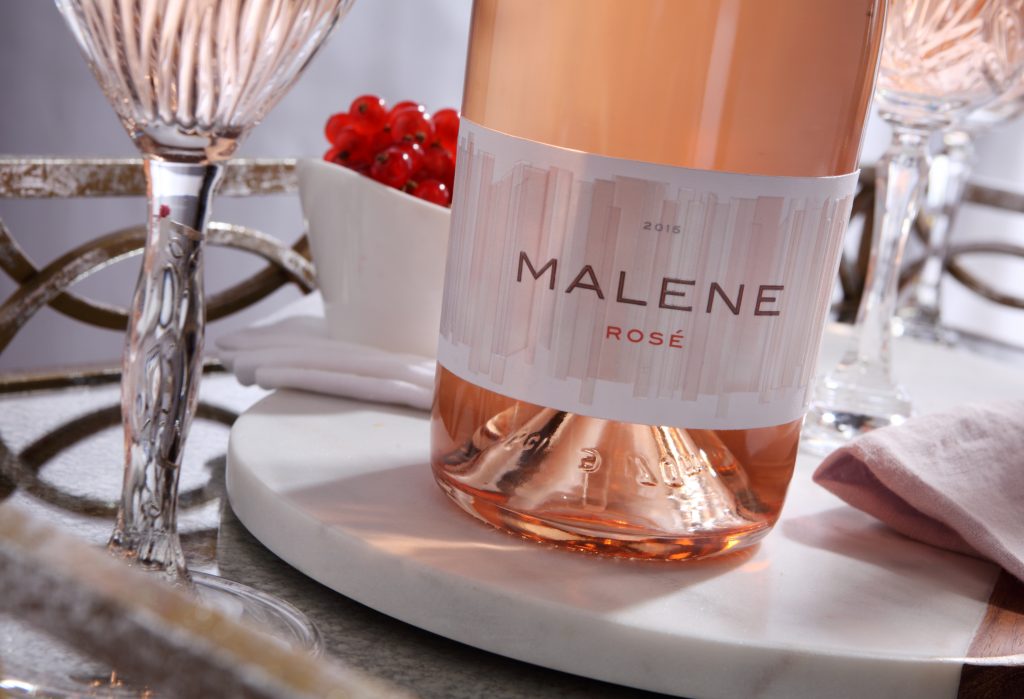
Releasing a new wine is a special occasion. Malene Wines introduced two new Rosés earlier this year, a Bandol-Style Rosé of Mourvèdre and an Old Vine Rosé of Grenache. To celebrate Malene Wines took their Rosés on the road, literally doing tastings from their 1969 Airstream Overlander Trailer. I couldn’t resist learning more about what was going on behind the scenes at this forward-thinking winery. Whom better to share the Malene Wine story than the winemaker himself! Fin graciously accepted my invitation for an interview and our topic of discussion was Malene’s Rosé, but first I wanted to hear about his story. And quite a story he has to share.
Fintan du Fresne the New Zealand Years
From an early age, Fin watched some of the finest Pinot Noir in the world show up on his doorstep in the form of media samples. As the son of prominent New Zealand wine journalist Karl du Fresne, Fin grew up with wine integrated into his life. Originally from the southern end of New Zealand’s North Island, Fin graduated from Victoria University of Wellington at the age of twenty with a degree in geology. Most graduates of the program headed straight to work on an oil rig, but Fin was not interested in that life. He was interested in learning more about and exploring the relationship between land and how it affected grape growing, essentially the concept of how geology affected terroir, so he changed tracks and obtained a postgraduate degree in Viticulture and Enology at Lincoln University in Canterbury.
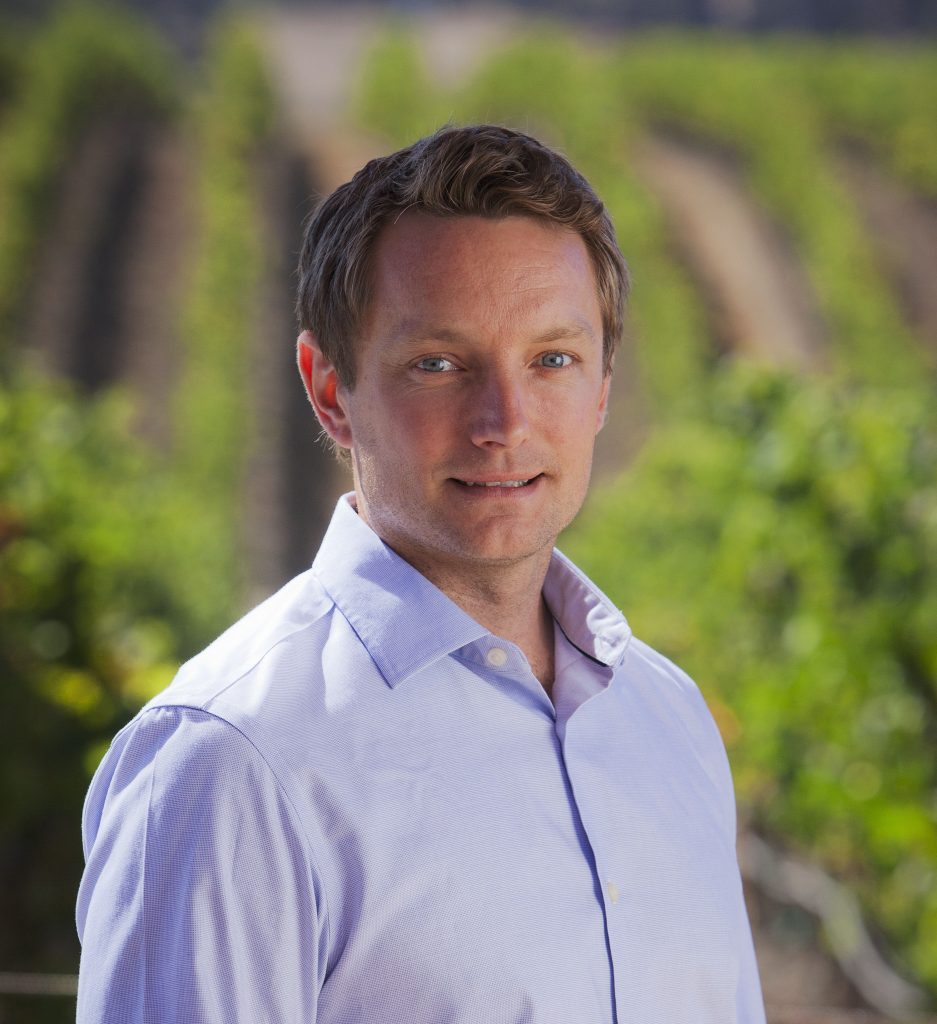
Upon completion of his viticulture and enology degree, Fin worked as a viticulturist at Martinborough Vineyards, one of New Zealand’s pioneering Pinot Noir producers. During his stint there, Fin spent four months in the U.S. working the 2001 harvest at Calera Wine Company in California’s Central Coast with legendary Pinot Noir winemaker Josh Jensen and his assistant Terry Culton. Jensen’s dedication to Burgundian varietals and his deep knowledge of soil types shaped Fin’s love for the Central Coast and his purist ideals about winemaking. After two years with Martinborough, Fin spent a few years learning about wine in Europe; his background in geology allowed him to keep a flat in London, spend six months a year working on oil rigs in Denmark and Scotland, and spend the other six months visiting prominent wine regions including Burgundy, the Rhone Valley, and Tuscany.
On his way back to New Zealand in 2003, Fin was invited to work harvest at Adelaida Cellars in Paso Robles, where he met his future wife, Erin. Fin was then named assistant winemaker at Adelaida. Since New Zealand harvest is during the opposite season, Fin returned home to work two more harvests (Matahiwi Estate in Wairarapa and Ngatarawa Winery – known as Glazebrook in the U.S. – in Hawkes Bay), and, back in the States, took on consulting projects with various Paso Robles area wineries.
Chamisal Vineyards & Malene Wines
In 2006, Fin joined Chamisal Vineyards, a premier Pinot Noir and Chardonnay winery in the Edna Valley of San Luis Obispo County, as winemaker.
The Interview
As Fin answered one question after another, I discovered his sense of humor. The passion he has for his work came as no surprise. What was unexpected…what he likes to drink after a long day at the vineyard. We kicked off the discussion with the big shiny Malene Rosé Mobile Tasting Room and expanded from there. Let’s move on to the interview shall we.
Let’s move on to the interview shall we.
Where did the idea for the 1969 Airstream Overlander Trailer come from?
We’ve been toying with the idea of a mobile tasting room for quite some time now, and the idea really fit with the Malene brand. I spoke to a number of Airstream custom fabricators throughout the country and ended up having this fabricated by Silver Bullet Trailer out of Portland, Oregon. They happened to have a 1969 Overlander shell that they were working on.
Why is the Airstream the perfect fit for marketing the Malene’s Provençal-style Rosé?
The classic, retro exterior of the 1969 Overlander with the modern interior really fit with the classic but modern style that the Malene Rose is crafted in. It gives us the perfect tool to show the Malene Rosé to customers at cool, hip events such as Austin Food and Wine.
Where does the inspiration come from for Malene’s Rosé?
Malene is closely modeled on the great Rosés of Provence, crafted from the varietals of Grenache Noir, Mourvedre, Cinsault and Rolle, which is very traditional of the Provencal Rosés.
What makes the Provençal-style Malene’s Rosé so special?
We are truly dedicated to the art of making great Rosé. We take great care to source particular varietals from specific regions and vineyards to craft this Rosé with real intention. We see Rosé as more than just a fun wine to drink on a summer afternoon – this is a serious wine! (Nonetheless, it’s still good to sip on a summer afternoon.)
How would you compare winemaking in California versus New Zealand?
Very similar, although California is a lot warmer and drier! I’d wear a raincoat far more often in New Zealand. New Zealand has more European influence than the US, and you can see that in the wines coming out of New Zealand. I think the Malene wines have more French-influenced style than most Californian Rosés.

What do you miss about your New Zealand winemaking days?
My New Zealand family and friends, of course. I do miss the New Zealand landscape a lot: the mountains, lakes, rivers and beaches. We have a great landscape here in California too, but New Zealand’s landscape is truly unique.
How much of your time is spent in the fields versus in the lab?
Roughly 50/50. Spending a lot of time in the vineyards and getting the pick date right is critically important, but rosé is a very technically difficult wine to make, and if you forget about it in the cellar for even five minutes you can lose it!
As the son of prominent New Zealand wine journalist Karl du Fresne, how has that impacted your career as a winemaker?
I was exposed to a lot of great wine growing up because of my dad’s career. I graduated with an undergraduate degree in Geology and as I was considering my post-grad options, there was definitely some subtle pressure from my parents to study Enology (which I did).
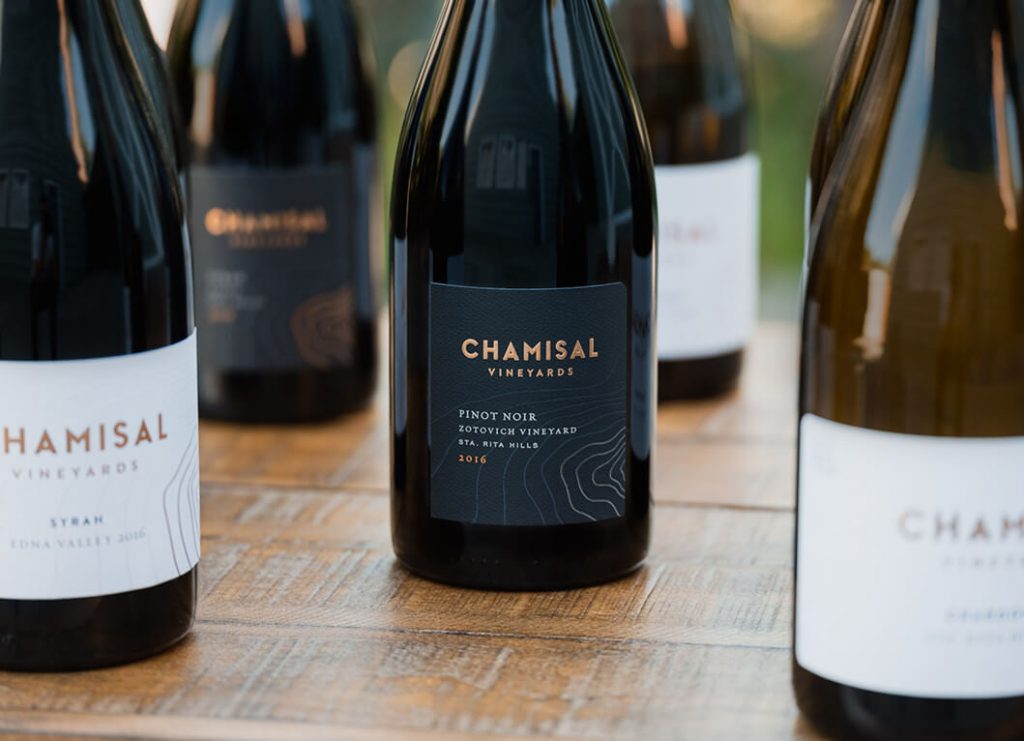
What is the most rewarding part of your work?
The craft element. We are crafting a product that people really enjoy. Seeing folks really loving a bottle of wine I’ve made is without a doubt the most rewarding part of this job.
What is your favorite type of varietal or blend to work with?
They’re all like my children. Some play up from time to time and there are times when I’m particularly fond of one, but it’s impossible to pick a favorite.
If you could provide one or two tips for prospective winery owners, what would it be?
If you need your winery to make money (and some don’t), start with the End Game: Where and how are you going to sell the wine? What are you going to sell it for and how much will it cost to produce? Making wine is the easy part. Selling it and making a profit doing it is the hard part. Many get caught up in the romance of winemaking and don’t think about the sales aspect until it’s too late.
Of the wines you’ve produced, which is your favorite?
Probably the Pinot Noirs I made for Chamisal Vineyards from the 2007 vintage. They are still spectacular now.
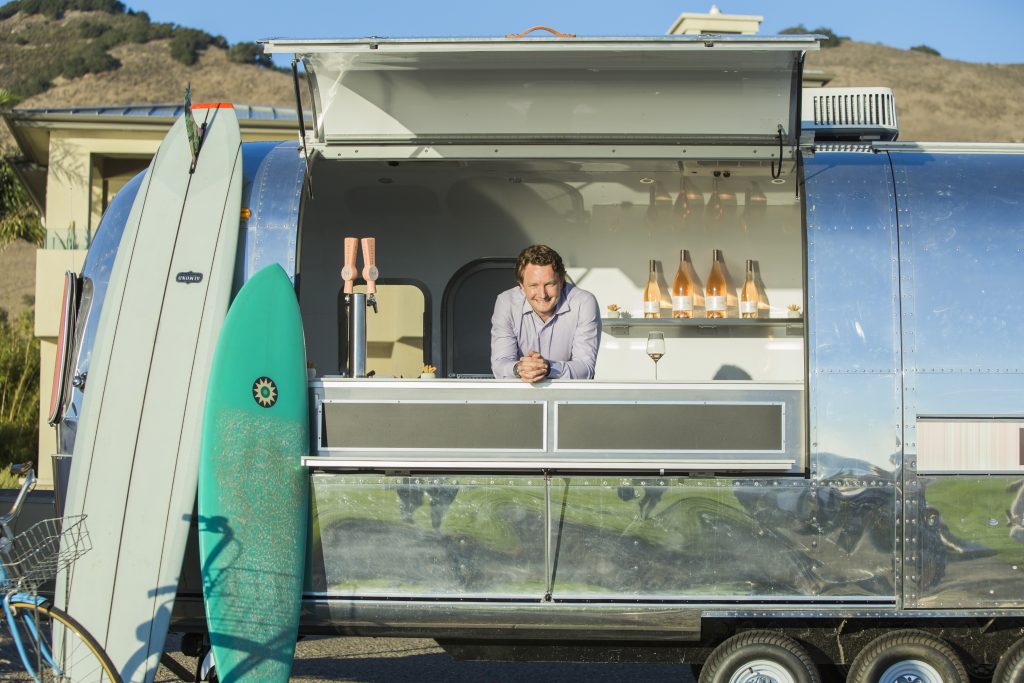
Do you work with local growers?
We work with a number of local growers. It’s impossible to work with a grower unless you have a great relationship. There is a lot of trust involved, so we typically try to work with growers for many years in order to develop that trust and relationship.
What is the one thing you have yet to achieve as a winemaker?
Making wine in Europe. Either in Bandol (Provence) or Bolgheri (Tuscan Coast).
Which of your Rosés would you recommend for a novice drinker? Which for an aficionado?
For the novice, our Malene Rosé and for the aficionado, our newly released Rosé of Mourvedre, which is modeled on the great Rosés of Bandol.
Do you enjoy pairing wine to the food?
Yes, although I often think people try too hard at this. Just don’t drink Cab with sushi and you’ll be fine!
When you dine out, where do you go?
We love ethnic cuisine; Indian, Malaysian, Vietnamese, Mexican. Although to be honest, the right pairing with much of this is a beer. There is a saying, “It takes a lot of beer to make good wine.” The first beverage most winemakers want when they get home is a beer.
What book are you reading now?
No Way Down, by Graham Bowley, about mountain climbing on K2.
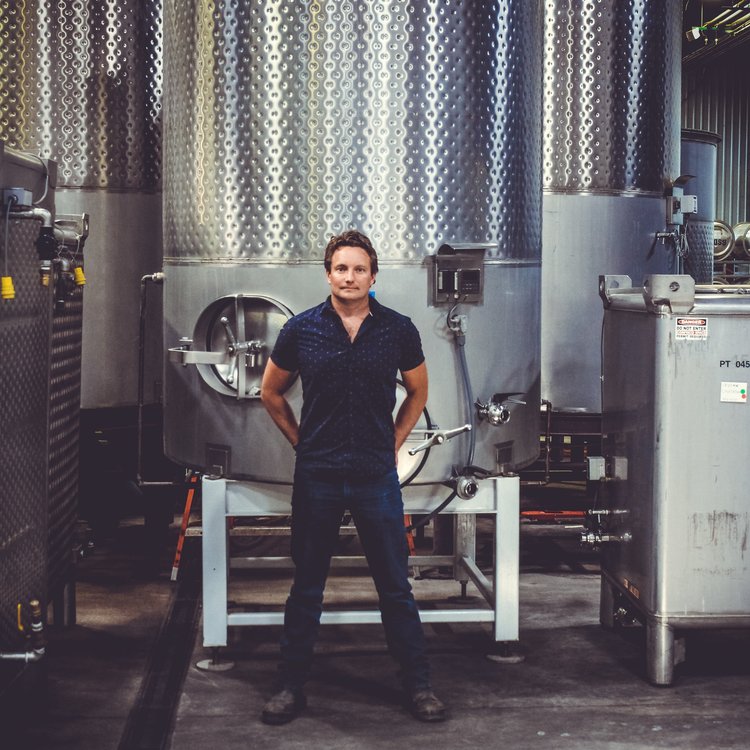
Fin’s Story Continues…
When he is not finessing the wines of Chamisal Vineyards, Fin enjoys snowboarding, mountain biking, scuba diving, and spending time with his family. Fin and his wife Erin have two young children, Liam and Ellish. Their dog Meg is a winery mascot, who is often found napping around the winery, keeping a close eye on things.
Fin launched his own venture earlier this year, Winery Mechanical Systems, the Central Coast’s first provider of comprehensive, winery-specific repair and maintenance solutions. Winery Mechanical Systems is also the first local company to act as a vendor-trained service agent for leading winery equipment manufacturers. Concurrently, du Fresne will remain in his longtime position as Winemaker and General Manager for Chamisal Vineyards and Malene Wines. “I just see a real need for a service like this,” he said. “I have personally lived through the challenge of keeping a winery running smoothly and cost effectively. I believe that Winery Mechanical Systems can be a game changer for Central Coast wineries.”
Fin Du Fresne is a wine industry innovator and one we’ll be sure to watch for years to come. Cheers!


